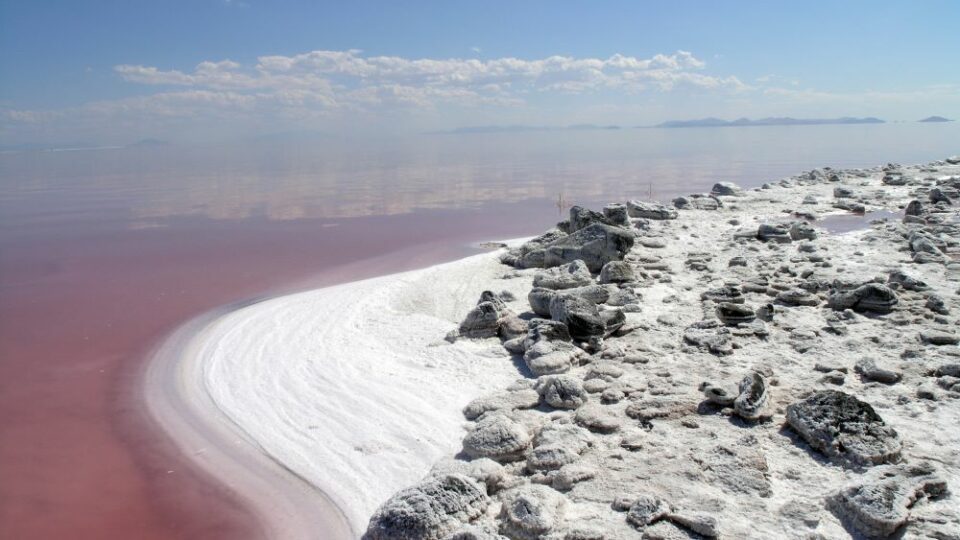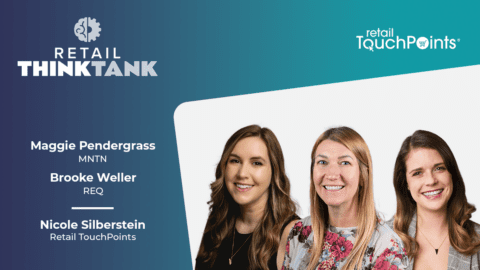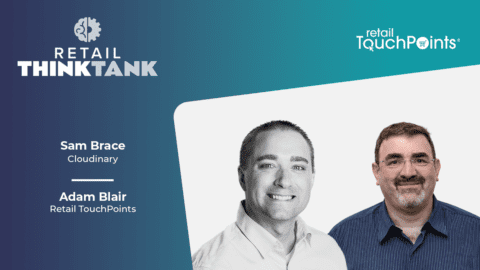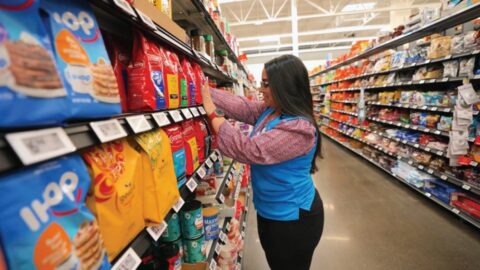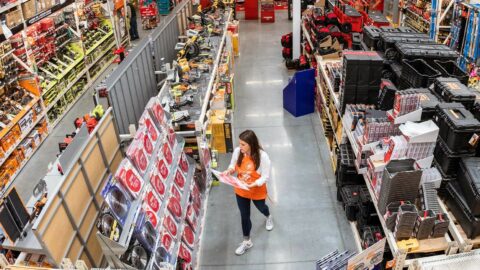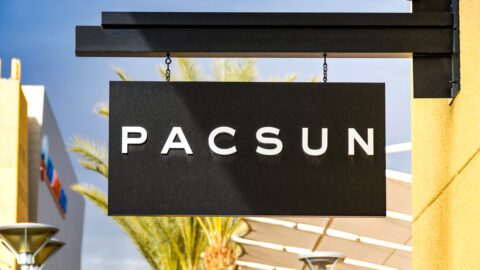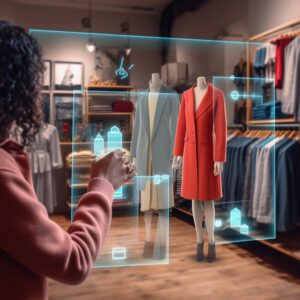When the raw ingredients in your products come from a natural wonder that’s practically on your doorstep, and it’s being threatened by climate change, sustainability quickly moves from an abstraction to reality. That’s the case with Trace, a Utah-based supplement brand that extracts minerals key to human health from the Great Salt Lake, and has been doing so for more than half a century.
Chief Sustainability Officer Ryan Fisher revealed the end-to-end work Trace is undertaking to ensure that the brand’s sustainability efforts are real, effective and measurable — the very opposite of the dread term “greenwashing.”
The most visible initiative has been Trace’s replacement of traditional plastic bottle packaging with bottles made completely from post-consumer recycled (PCR) plastic. Beginning in May 2024 with the brand’s top-selling product, Trace plans to switch all its packaging to PCR within the next 18 months. Additionally, Trace has nearly completed the work required to be ISO 14001 Compliant, signaling its commitment to clear environmental policies and ensuring best practices are being used throughout its manufacturing process.
Retail TouchPoints (RTP): Sustainability is (or should be) important to everyone, but why is it so foundational for Trace?
Advertisement
Ryan Fisher: We’ve been extracting magnesium and other trace minerals that we’re not getting in our food from the Great Salt Lake since 1972 and putting them into a supplement. The core of our business, and our slogan, is “remineralizing the world,” and when we’re taking these minerals from a natural lake, we recognize how important it is for us to preserve that as a source for our minerals.
The Great Salt Lake is a huge part of Utah’s economy, but it’s also a massive area for waterfowl, migrating birds, and as natural filtration from its swamps and marshes. It’s an ecological wonder. However, in the last few years it has sunk to water levels that are uncomfortable for everyone here, and the state legislature is actively involved in protecting that. We’ve been very involved in that process, including supporting HB453, [a bill in the Utah state legislature], which was specifically written to protect the lake’s water levels and also regulate those that are extracting water and minerals. The bill passed, and it’s created a more regulatory environment and a more level playing field, so we felt good about the opportunities to [be part of the process].
RTP: How do Trace’s efforts to become ISO 14001 compliant fit into its overall sustainability initiatives?
Fisher: I admit that our manufacturing processes are not where they need to be in terms of sustainability, but we’re headed in the right direction. One of the biggest things we’ve done is to seek the ISO 14001 certification, which is specifically for environmental management systems. We’ve been working on this over the past 12 months, and we’re scheduled for an audit in October, so my expectation is that we’ll be fully certified this year.
Having this type of management system means that we can implement policies, procedures and practices that are then capable of being measured. And once they are implemented, there’s a system to continue to manage those things going forward, which is very important to the process. If the things we say we’re doing aren’t documented, they don’t exist.
An environmental management system measures your footprint and your use of water, power, gas — all of the things that it takes to run a manufacturing company — so we can see the impact we’re having. ISO also helps with our regulatory and legal compliance obligations as well as the infrastructure of our natural resources.
But [this certification process] is not something to give to just one department; it involves the entire executive and management team when it’s done correctly. It involves purchasing, the way we run our manufacturing, the equipment, waste and energy consumption. It’s been important to get everyone on board and to have support from the very top.
RTP: What kind of impact do you expect to see from the changes to your packaging?
Fisher: This is a huge jump for our company; this is where you say “put your money where your mouth is.” We’re talking about millions of bottles annually when it’s completed in 18 months and we switch all of our packaging to 100% PCR.
Then we’ll be able to include [this fact] in our overall purchasing package. It gives consumers a neat choice when they ask, “Who are the companies that are actually trying to do something [about sustainability]?” We’ve gotten feedback from a large percentage of our customers that that’s a very big positive. And eventually it won’t just be a positive, it will be essential. Customers will continue to demand that companies act sustainably.



